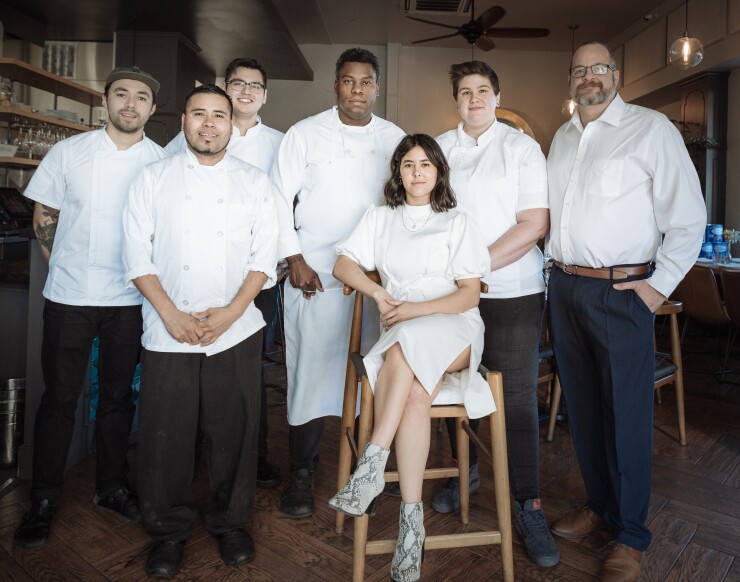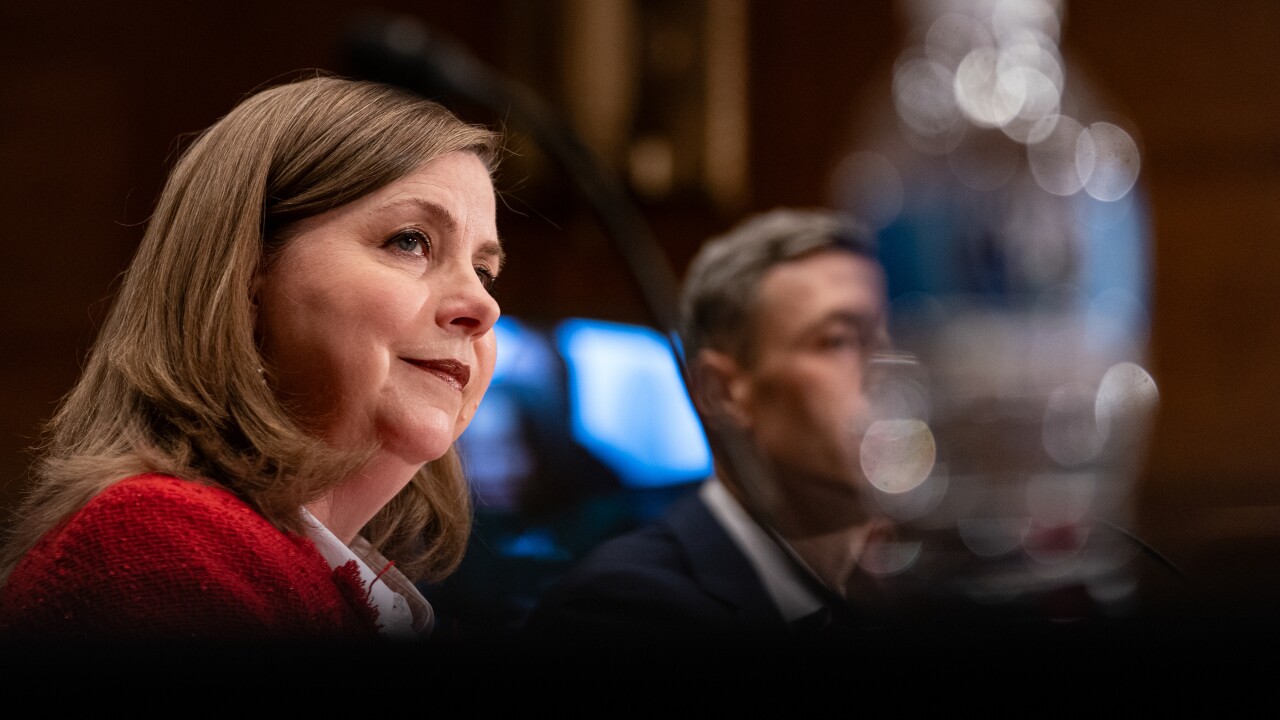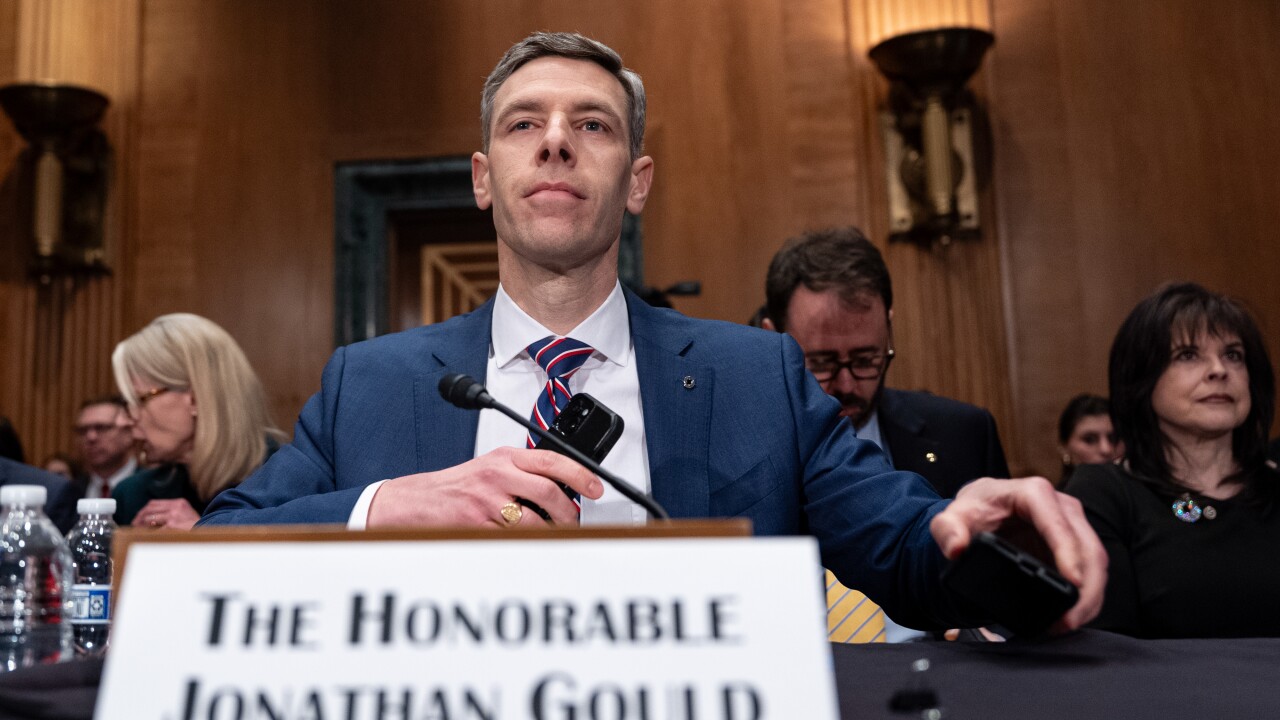Want unlimited access to top ideas and insights?
On the first Friday that Paycheck Protection Program loans were available, Jazmine Lalicker contacted her business banker at a large bank in search of a loan to help The Shuckery, her oyster bar and seafood restaurant in Petaluma, Calif., stay afloat. When she called back on Monday, her bank was no longer accepting applications.
“That was pretty disheartening and shocking,” she said.
To get by, Lalicker took out a line of credit and shook up her business model, adding meat to her menu, emphasizing items that would travel well and joining DoorDash to get a delivery service off the ground. She considered applying for a loan with a smaller, local bank, but “it was this mad dash for PPP loans and small banks weren’t accepting new accounts, but trying to take care of their existing customers,” she said. Her application to her regular bank for a slice of the second round of PPP funding went nowhere.
So when an email from DoorDash advertising its partnership with the challenger bank BlueVine landed in her inbox on May 4, she was willing to take a chance on a lender she had never heard of. She clicked the link, filled out the application and was approved for $125,000 the next day.

The BlueVine-DoorDash partnership, which formed in mid-April, has enabled $6 million of PPP funding to be distributed among nearly 200 DoorDash restaurants. Through this and other partnerships, BlueVine has generated more than $4 billion in PPP loans for more than 125,000 small businesses.
The lender is catering to very small businesses, the type that
Early on in the pandemic, DoorDash, which is based in San Francisco, hosted a webinar and learned from its merchants that many found traditional banks’ PPP loan application processes confusing and complex.
To help its customers out, DoorDash forged an alliance with BlueVine in Redwood City, Calif., which had already adapted its small-business lending platform to accommodate PPP loan applications. Their goal was to help very small businesses get funding. The vast majority they serve employ fewer than 10 people. Under the partnership, DoorDash would refer its merchants to BlueVine, typically via email and through its merchant portal, and restaurants would apply for PPP loans through BlueVine. (DoorDash donates its proceeds from these referrals to organizations helping small businesses affected by the pandemic.)
“This was a great opportunity for us to find a population of clients we knew would be hurting during this crisis,” said Brad Brodigan, chief commercial officer of BlueVine. “The partnership made a ton of sense for us because DoorDash has a very strong relationship with restaurants and we had access to the PPP application process.”
To automate the application process, BlueVine uses optical character recognition, or OCR technology, which digitally scans documents that users upload to lift relevant information, such as identification details or the number of employees, without the need for human review. For example, BlueVine’s technology can scan payroll documents such as W-2 or 941 forms and parse out payroll details.
Its underwriting technology accesses third-party data sources to perform know-your-customer checks, validate bank account authenticity and ownership, and more. BlueVine also developed additional counterfraud measures, such as PDF manipulation detectors, to reduce risk while servicing its new influx of businesses.
For the DoorDash partnership specifically, BlueVine customized the form with DoorDash’s logo and passes detailed customer data back to DoorDash, such as where merchants are in the application process and how much they applied for, so they can help clients as needed and figure out which to include or exclude in subsequent rounds of communication.
BlueVine does not lend directly; it originates loans and processes applications, but works with community banks on the back end, including Cross River Bank in Fort Lee, N.J., and Celtic Bank in Salt Lake City, to fund the loans.
Lalicker, of The Shuckery, held onto her funds until the Small Business Administration extended the period in which borrowers could spend their PPP loans from eight weeks to 24. When Sonoma County permitted outdoor dining, she used the money to bring her staff back on July 10 and purchase a new point-of-sale system.
Once she repays her line of credit, she also plans to leave the large bank that couldn't help her secure a loan. “I’m 100% switching to a smaller local bank,” she said.
For now, she’s grateful that there was another option after her first attempts to secure funding failed.
“You work hard to create a relationship with your bank, and I was surprised they weren’t able to help me in a time of crisis,” said Lalicker. “I didn’t even know these smaller technology-based companies existed, but it saved my business.”





